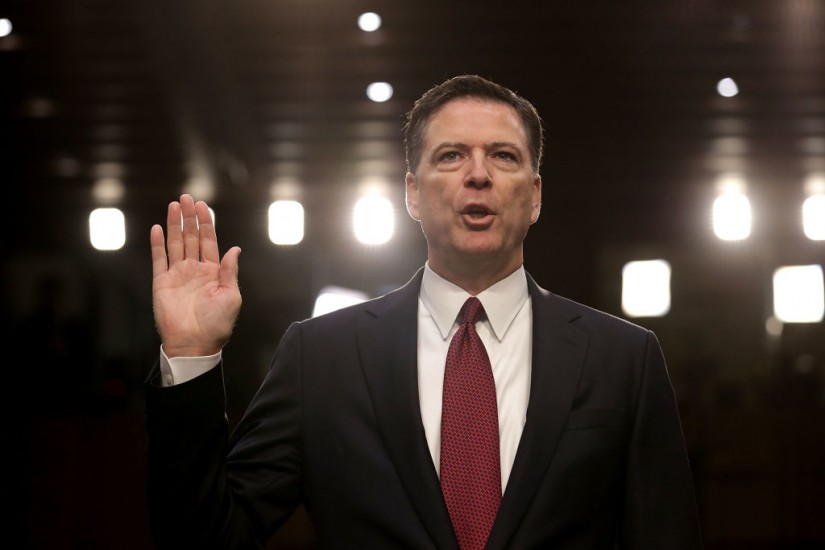This isn’t the first—and it won’t be the last—time that congressional testimony captured the nation’s imagination. From the Army-McCarthy hearings of 1954 to the Iran-Contra hearings in 1987, House and Senate committees have held ordinary citizens in rapt attention. They’ve made the political fortunes of heretofore obscure legislators—think: Harry Truman, Estes Kefauver and Peter Rodino. They’ve launched witnesses into stardom—Joseph Welch and Oliver North. And they’ve brought down powerful men and women.
Comey’s testimony is in this sense an absolutely American phenomenon. Here are some earlier examples of blockbuster hearing moments:
Gettysburg Hearings Congressional show hearings are by no means a modern phenomenon. In the aftermath of the Union Army’s disastrous rout at Bull Run in 1861, Congress established the Joint Committee on the Conduct of the War, a bipartisan body that quickly morphed into a blunt instrument at the control of radical antislavery Republicans. Prominent members, including Senators Ben Wade of Ohio and Zachariah Chandler of Michigan, and Representative George Julian of Indiana, had long been on the radical edge of their party; they regarded many Northern Democrats as fundamentally disloyal and routinely used the committee to criticize the Lincoln administration for what they suspected was its wobbly commitment to the complete destruction of the South. “A rebel has sacrificed all his rights,” Chandler intoned. “He has no right to life, liberty, or the pursuit of happiness.”
In such a taut atmosphere, the committee inevitably became the staging ground for accusation and recrimination. Such was the case from February to April 1864, when the committee staged controversial hearings on the Union Army’s conduct during the Battle of Gettysburg the year before. Though many historians now regard the battle as a turning point in the war—it was the high water mark of the Confederacy—by the winter of 1864, many Northerners were deeply frustrated by the failure to defeat the rebels and mystified that the Union commander at Gettysburg, George Meade, had not pursued and destroyed Robert E. Lee’s Army of Northern Virginia after the battle’s conclusion.
The star witness was General Daniel E. Sickles, a onetime politician who had been a favorite of Joseph Hooker, the former commander of the Army of the Potomac, whom Meade had replaced just days before the battle. Sickles was a colorful character. While serving as a Democratic congressman before the war, he famously shot and killed his wife’s lover in broad daylight; he was subsequently acquitted of his crime—the first person ever to successfully invoke the plea of temporary insanity. At Gettysburg, he defied Meade’s orders and advanced his 3rd Corps beyond its stipulated position, resulting in 4,200 Union casualties, including Sickles himself, who lost a leg.
